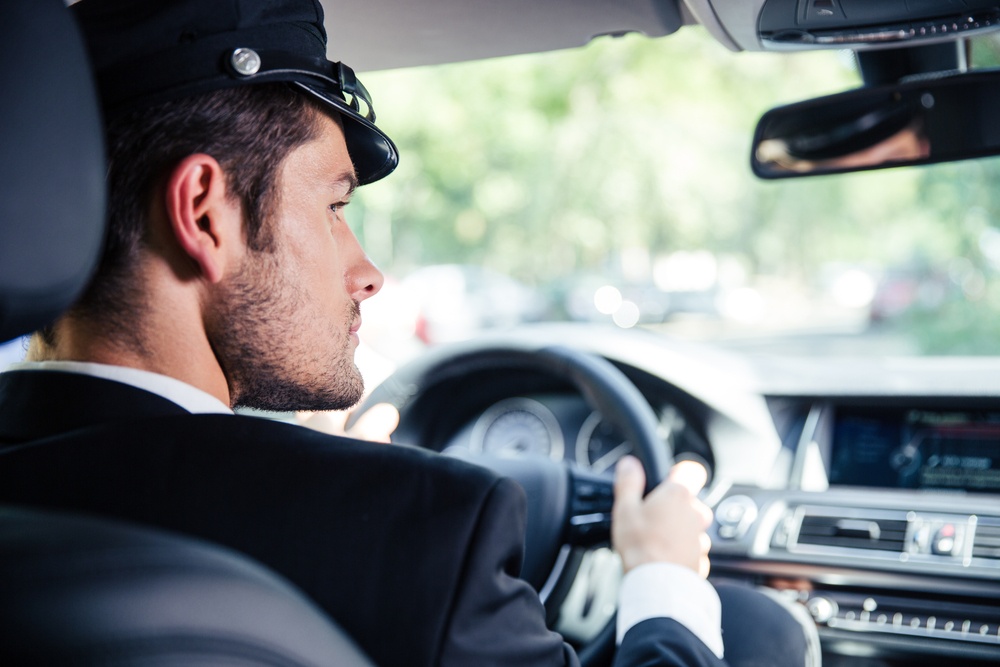
We are always talking about safety and how to deal with it—how to conduct a comprehensive analysis of the potential risks surrounding fleets and drivers—as something essential. It is undoubtedly never an easy task (well, maybe for some companies more than others), but in some instances this is not just down to the fact that companies do not know how to approach this vital requirement, it is because responsibilities don’t always seems to be a hundred percent clear.
When we think about this for a moment, we might take a closer look at the ‘grey fleet’ sector to illustrate the point: despite vehicles not being actually owned by the company, they still fall under its purview, at least during the hours in service of that particular company (they might be privately owned as acquired through a particular employee scheme, for example). But what happens to those drivers who work in the so-called ‘gig economy’?
We assume you are not new to this term. If you are unsure, it basically means that drivers who work in the gig economy do not get a fixed salary but are rather paid for each completed ‘gig’, which in this case is a single ride, often assigned via an app. Gig economy driving has been the subject of ongoing controversy since the companies who provide the platform which makes the jobs available for workers (usually a smartphone app), are claiming this type of work simply provides the means for drivers to choose their own working hours. On the other hand, drivers are not strictly hired and it is claimed by these companies that they are in fact self-employed and the app simply provides a service for them to obtain work, hence why the health and safety responsibilities have become harder to pin down.
During the 8th annual conference on work related road safety, organised by the ETSC (European Transport Safety Council), Ms. Heather Ward from London’s UCL Centre of Transport Studies presented this as an important topic for the audience to consider: an evolving commercial scenario whereby safety training is distinctly lacking and responsibilities are opaque due to this particularly new type of working arrangement facilitated by the development of smartphone apps.
The UCL work team interviewed drivers and launched an online survey for those working in the gig economy and it emerged that those drivers had no risk training, are not given safety vests and can experience particularly intense pressures during peak times.
Another issue revealed the lack of time tracking for those working for more than one of these companies at a time, so potentially it is possible for those drivers to work for 12 hours without a break and do it for 2-3 weeks continuously. Some drivers claimed that having to use the app in order to get jobs while on the road was a source of distraction for them (since they need to keep their phone on in order to get these gigs) or that they have felt forced to speed or to park in areas where it is not allowed to make their deliveries.
The first set of data was officially published in an article by the tech section of the BBC at the end of August, where Ms. Ward and Ms. Christie, both involved in the research work, made a call for the government to regulate transport and impose stricter safety management in these cases.



